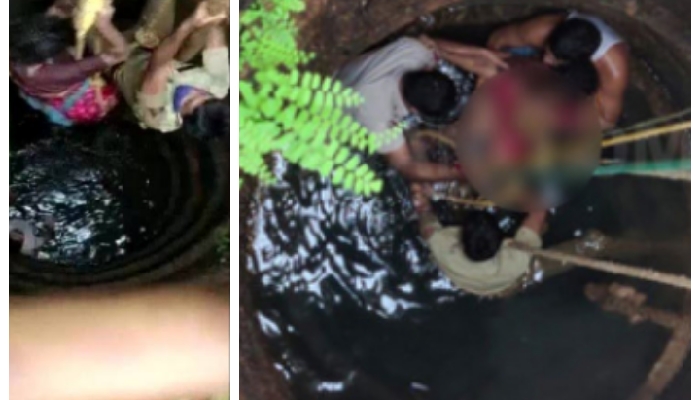Mangalore, September 15: The modern technology has geared up to play a crucial role in the security system of Mangalore , with the Police Commissionerate poised to bring the crucial points of this coastal city under surveillance with the help of close circuit television (CCTV) cameras round the clock.
The monitoring of traffic with the help of CCTV Cameras, according to police, will reduce a lot of uncertainty and ambiguity, as the footage will provide first hand evidence.
Mangalore City Police Commissioner, Seemanth Kumar Singh speaking to Coastal Digest informed that the cameras that are being installed would be monitored by a team throughout 24 hours. This will enable them to note down traffic violations, including minor details such as the vehicle design and vehicle number. In case of accidents, the culprits can be identified using the recorded footage, he said.
The cameras have been placed at important locations of the city such as Hampankatte, PVS, Jyothi, Lal Bagh, Lady Hill, City Bus Terminus, KSRTC Bus stand, Railway Staion, Kottara Chowki, and others.
The Commissioner expressed regret that the work has not been completed as yet, due to rains. He is positive that this project will certainly help monitor crime, not only in terms of traffic violations, but also anti-social elements such as chain snatching.
Once the work is completed, these cameras will record every activity at any part of the day. As it is being operated from a control room, any sort of violation of rules will be immediately detected and the culprits, taken to task. Depending on the budget, more number of cameras may be installed in the future, Mr Singh said.
Besides important places in the city, several cameras have also been installed at the Mangalore Airport as part of its security measures. This will facilitate checking and identification of suspicious activities, said the Mangalore Airport Director, M R Vasudeva. “Most importantly, the entry and exit of people, which is crucial, will be noted down,” he added.
M R Vasudeva is of the opinion that the fixing of these CCTV cameras has more of a psychological effect on the people. He stated that the knowledge of CCTV cameras monitoring their moves will make the people cautious of whatever they do.

















Comments
this is true..thanks for this informations to us. i share this page with ,my friends
Add new comment